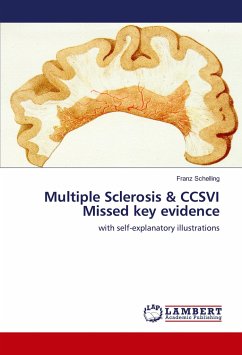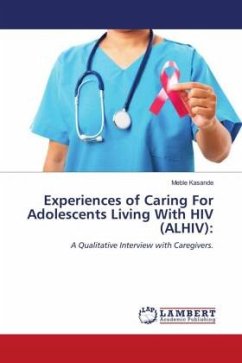
Collaborative Problem Solving: Its Application & Impact on Adolescents
Versandkostenfrei!
Versandfertig in 6-10 Tagen
27,99 €
inkl. MwSt.

PAYBACK Punkte
14 °P sammeln!
The particular inpatient adolescent psychiatric unit that the researcher used for this study utilized a behavioral modification treatment program based on dated clinical evidence. Although performance improvement initiatives were a routine occurrence, the basic premises of the program remained unchanged. The New York State Office of Mental Health (OMH), the overseeing regulatory body, considered the program to have elements of punitive behavior modification. The unit's original point and reward system generated consequences for behavioral dysfunction or maladaptive behavior, and negatively aff...
The particular inpatient adolescent psychiatric unit that the researcher used for this study utilized a behavioral modification treatment program based on dated clinical evidence. Although performance improvement initiatives were a routine occurrence, the basic premises of the program remained unchanged. The New York State Office of Mental Health (OMH), the overseeing regulatory body, considered the program to have elements of punitive behavior modification. The unit's original point and reward system generated consequences for behavioral dysfunction or maladaptive behavior, and negatively affected the 12-to-17-year-old male and female inpatient population. For example, point reduction resulted in loss of privileges, such as being restricted to one's room. The selected approach, called collaborative problem solving (CPS), is based on the theory and research of Dr. Ross Greene. Dr. Greene termed these deficits lagging skills, generally accompanied by unsolved problems; these unsolved problems often involved issues generated by family dynamics.












